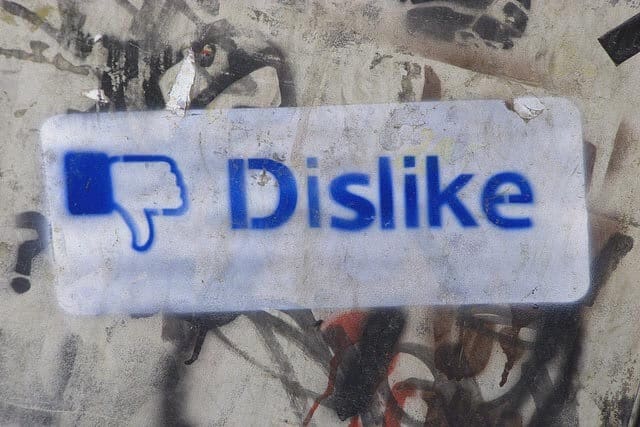
Following the Surgeon General’s July 15 advisory on health misinformation and social media, President Joe Biden remarked that Facebook and other social media platforms are “killing people.” Though Biden quickly backpedaled on his remark, Facebook rebutted it, citing instead its own study that showed increasing “vaccine acceptance” by U.S. Facebook users.
So, does Facebook play a role in COVID-19 misinformation? New survey results from researchers at Northwestern, Harvard, Northeastern and Rutgers universities show that it does.
While the researchers state that their results do not indicate that social media platforms are “killing people,” as Biden said, they do find, however, that those who relied on Facebook for COVID-19 news had substantially lower vaccination rates than the overall U.S. population. Those who received most of their news from Facebook also displayed lower levels of institutional trust and greater acceptance of misinformation.
“We certainly cannot say the platform causes vaccine hesitancy, but it does seem like a place where such people gather,” said James Druckman, the Payson S. Wild Professor of Political Science in Northwestern’s Weinberg College of Arts and Sciences and associate director of the University’s Institute for Policy Research.“That makes it all the more important to ensure the provision of accurate information on Facebook.”
Between June 9 and July 7, Druckman and his colleagues from the COVID States Project asked 20,669 people across the U.S. to name news sources they rely on for COVID-19 updates, vaccination rates and information.
The researchers found Facebook is a significant source of COVID-19 news. Three in 10 people (33%) reported visiting Facebook in the last 24 hours to find news about COVID-19. When compared with other possible responses, the results show people use Facebook about as much as mainstream news sources like CNN (32%) and Fox News (30%).
Vaccination rates
The vaccination rate of respondents who said they find COVID-19 news from Facebook and other sources is 10% lower (61%) than those who said they do not use Facebook (71%). This vaccination gap widens to 40% between people who used multiple sources (87%) but not Facebook, and those who only used Facebook for COVID-19 news (47%).
Even when the researchers accounted for respondents’ race, age, home location, education and other demographic characteristics, they still observed those who received COVID-19 news from Facebook had lower vaccination levels and showed higher levels of vaccine resistance.
Trust in institutions, vaccine misperceptions
In examining institutional trust, the researchers discovered that respondents who relied on Facebook for COVID-19 information tended to be less trusting of the news media, as well as other government and scientific institutions. For respondents who said they only received news from Facebook, only 37% said they trusted the mainstream media “some” or “a lot,” compared to 47% of other respondents.
Druckman and his colleagues also asked respondents whether common COVID-19 misperceptions — such as if vaccines alter people’s DNA or contain microchips to track people — were factual. Respondents who exclusively used Facebook were more likely to believe the false claims, with 22% believing at least one. This result was on par with people who only watched Fox News (21%), and much higher than those who relied on multiple new sources (7%).
Druckman and his colleagues say their survey results do not suggest that Facebook prevented Americans from being vaccinated; still, they do provide key insights into social media news consumption and COVID-19 vaccination rates.
Read the report.
from ScienceBlog.com https://ift.tt/3zQoiSn
No comments:
Post a Comment